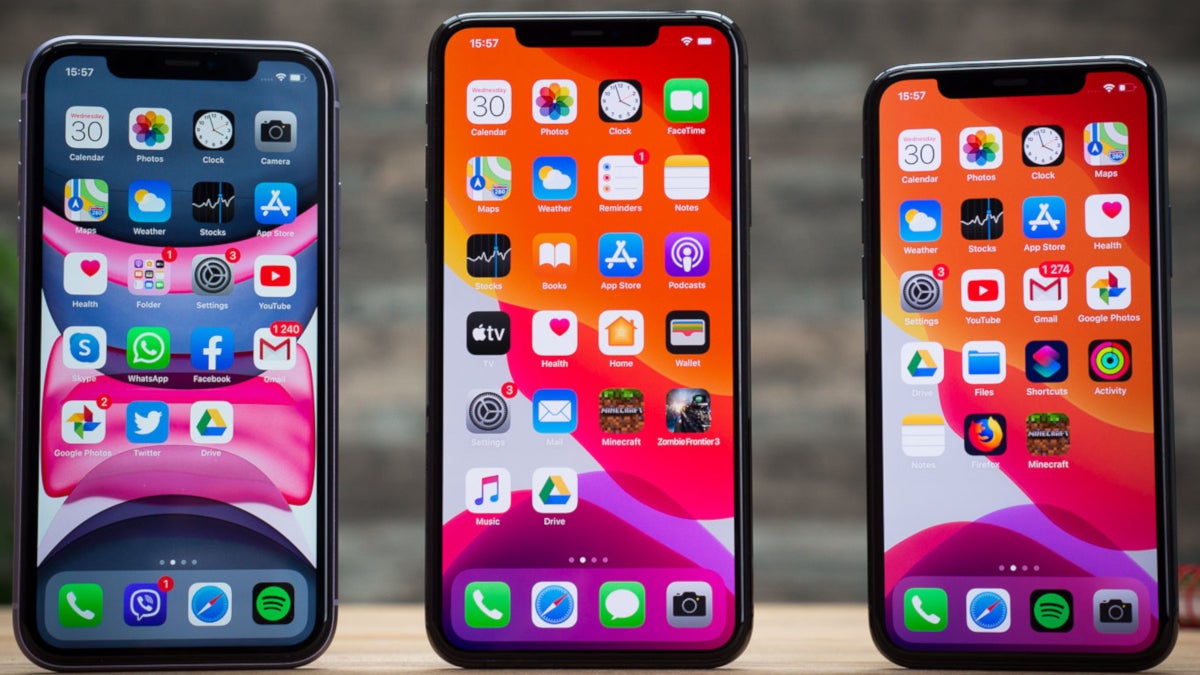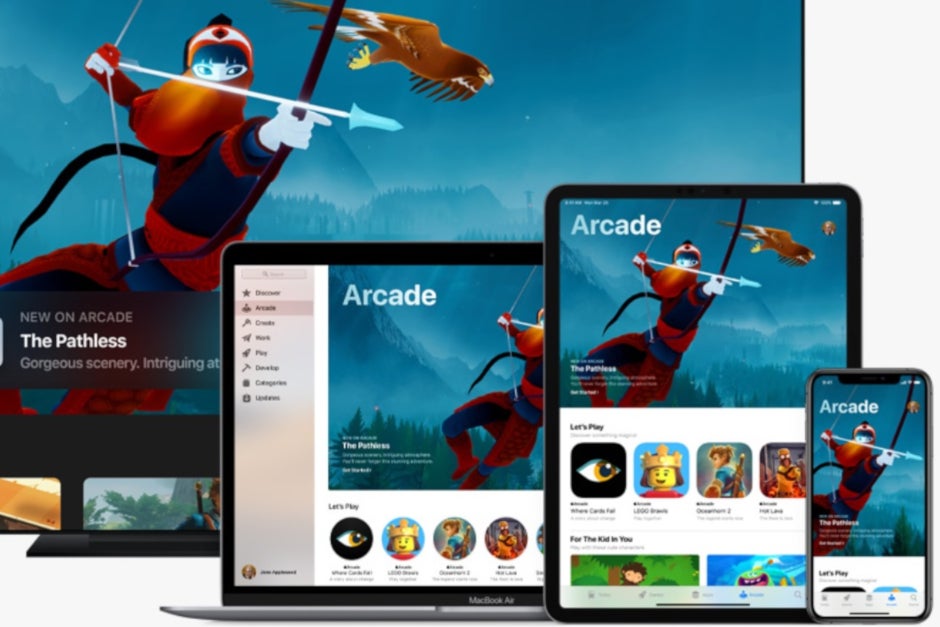The current quarter could be historically bad for Apple iPhone sales

Apple has already released its fiscal second-quarter earnings for the three months covering January through March. During that time period, Apple said that iPhone sales declined 6.7% to $28.96 billion. But what has the iPhone done since the end of that quarter? According to analysts at KeyBanc, April was an awful month for Apple's smartphone. First, the vast majority of the 458 Apple Stores outside of China were closed along with most retail stores. But more importantly, for many consumers whose lives had just suffered a major upheaval and who were suddenly unemployed, the purchase of a new phone had to be tabled to make sure that there was enough food to eat.
According to Seeking Alpha, KeyBanc's analysts have estimated that iPhone sales plunged a whopping 77% during April on a year-over-year basis. Sequentially, the decline was 56% from March 2020. The Cleveland based bank did note a pick up in iPhone sales during the second half of April due to the stimulus payments that were sent out in the U.S. to help those suffering economically from the pandemic; KeyBanc says that this boost will probably not be sustainable.
Apple's diversification away from iPhone sales has proven to be a timely move
While online sales rose in April from March, the bank says that these purchases could not make up for sales lost due to the closings of retail stores. Even though sales of the iPhone suffered greatly last month because of the coronavirus, Apple's Services unit has benefited. After iPhone sales peaked in 2015, the company decided to focus on the large number of active iPhone units (over 900 million at last count) and offer the owners of these devices content with recurring subscription fees. It was a brilliant strategy as iPhone users started to subscribe to Apple Music, Apple TV+, Apple News+, Apple Arcade, iCloud, and more. Additionally, other services that are covered under this umbrella include the App Store, AppleCare+ and Apple Pay. With the latter, Apple makes .15% of each transaction made using its mobile payment service. That doesn't sound like much (15 cents on a $100 purchase) but it adds up.

Apple Arcade is one of several sources of recurring revenue for Apple
Apple set a goal to double Services revenue from the $25 billion it reported in fiscal year 2016 to fiscal year 2020. For the first two fiscal quarters of 2020, Apple's Services unit garnered $26 billion in revenue putting it on pace to meet the target. Many iOS users looking for something to do to pass the time while self-quarantined are turning to the games and paid content in the App Store; Apple takes a 30% cut of revenue generated by paid apps and in-app purchases. The lockdown restrictions might be easing in several countries, but app analytical firm Sensor Tower recently stated that first-quarter App Store purchases for the iPad hit a record $2.1 billion.
The important thing to understand is that Apple is no longer all about the iPhone. At its peak, the device accounted for 69% of Apple's revenue and the company's quarterly performance depended very much on how well the device sold during any given quarter. But Apple has done a great job broadening the source of its revenue; during the fiscal second-quarter, iPhone gross accounted for just a tad under 50% of the $58.31 billion in revenue reported by the company. Even while iPhone sales are falling off a cliff, the Services division is holding things up. And Apple's fastest-growing business segment is not the iPhone. It is the Wearables, Home, and Accessories group which happens to be the home of two very popular Apple devices: the Apple Watch and the AirPods. Shipments of the wireless Bluetooth earbuds are currently growing faster than any other Apple product.
With the first month of Apple's fiscal third-quarter off to such a ghastly start according to KeyBanc, the current quarter seems on track to be the worst for the iPhone in the history of the device.
Follow us on Google News













Things that are NOT allowed:
To help keep our community safe and free from spam, we apply temporary limits to newly created accounts: